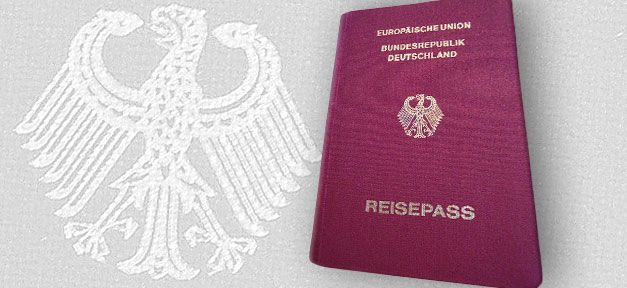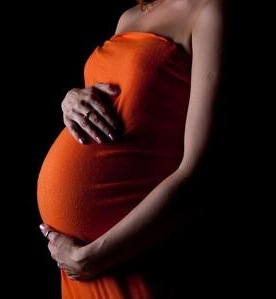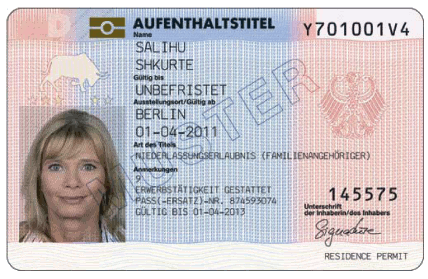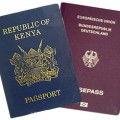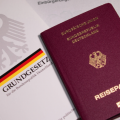
The SP MigrantInnen, an activitist group in Switzerland, is demanding for Simplified Naturalisation for Third Generation Migrants. The country will be voting on 12th February to decide whether to allow this or not.
It sounds like a difficult campaign but migrants in Switzerland insist that all children born in the country should have an easy path to naturalisation based on a report by FM1 Today. The SP MigrantInnen held a press conference in Bern last week where they affirmed they demand that all third generation persons, born of migrants in the country and have attended obligatory schooling should be guaranteed a clear comprehensive process to citizenship. The SP MigrantInnen project aims to push for a yes vote on 12th February in this regards.
Yvonne Apiyo Brändle-Amolo, originally from Kenya thinks naturalisation would be a great honour. She wonders why this is so difficult and why one has to prove herself even after living in Switzerland for more than 17 years. For many migrants, the current process to naturalisation is complex and expensive. According to her, at least every family which has lived in the country up to the third generation should not have a complicated process to citizenship, because Switzerland is their country.
This is affirmed by Linda Reis from Portugal: She finds it wrong that even her grandchildren still have a very difficult path to naturalisation. “They are neither Swiss on paper nor Portuguese in their culture and in their hearts”, she laments. Florim Kadriu whose parents migrated from Yugoslavia thinks that foreigners who have grown up in Switzerland defend Swiss values like the Swiss, “sometimes even better.”
Swissinfo.ch acknowledges these sentiments – that becoming a citizen in Switzerland is complex. Unlike in the United States where children born in the country automatically gain citizenship regardless of the parents’ citizenship, Switzerland like most European nations does not. Foreigners are required by law to live in the country for at least 12 years before they can apply for citizenship. However, a new law reducing the number of years from 12 to 10 was passed in June 2014 and will come into effect in January 2018. Furthermore, there are other stringent requirements that have to be met including familiarity with Swiss customs and traditions, comply with Swiss rule of law and do not endanger Switzerland’s internal or external security. If these are met, the state secretariat for migration will give the “green light”, but still, this is no guarantee as cantons and municipalities have their own requirements that must be met. And these differ from canton to canton.
The yes vote being pushed by the Social Democratic Party (SP) together with SP MigrantInnen targets to also show how complicated the naturalisation process is and similarly takes aim at the new law which comes into effect in 2018. The new law demands for a C-Ausweis making it difficult for people with a B-Ausweis to be naturalised.
Ada Mara, a member of the national council from Waadtländer believes that a yes vote on 12 February will bring about a paradigm shift. The young foreigners of the third generation should not wait any longer to be integrated. “Give us this honour“, says Mara who migrated from Italy.
It is because of these difficulties that the SP MigrantInnen has organised a campaign in support of simplified naturalisation for the third generation.


